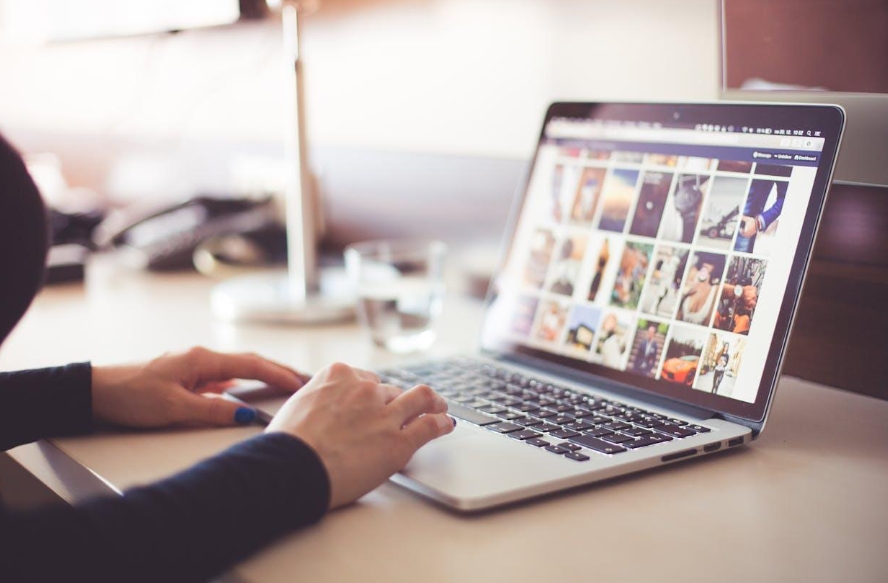Artificial intelligence has transformed the manner in which we create visual content for marketing, with AI-generated images like Midjourney, DALL-E, and Stable Diffusion creating professional-grade images within minutes, not hours. But as more and more businesses use the technology, the primary question emerges: can AI-generated images harm your marketing?
The response is not cut-and-dried. While AI imagery is a great benefit to marketers with limited budgets, it does present unique problems that can impact your brand image and legal standing.
The Advantages of AI-Generated Images
Affordable Visual Content Creation
Traditional photography and graphic design can be expensive for marketing budgets. Stock photo prices vary from $10-$500 per photo, and custom photography sessions can cost thousands of dollars. AI image generators vary from $10-$50 per month for unlimited image creation.
This cost advantage particularly benefits small entrepreneurs and startups with limited marketing budgets. Instead of being forced to choose between expensive custom images or overused stock photos, companies can now make their own customized images that are tailor-made to their specific requirements.
Speed and Efficiency
AI-based solutions can produce marketing graphics in minutes, as compared to weeks or days. This saved time is particularly precious for time-critical campaigns, social network updates, and fast market response.
Classic design workflows involve briefing designers, waiting to review concepts, revising, and final sign-off. AI-generated content allows marketers to iterate quickly, testing lots of visual ideas before committing to designs.
Limitless Personalization Choices
AI generators offer unmatched control over customization. Marketers can specify colours, styles, composition, and themes that exactly align with brand guidelines. This level of control is typically more than what is possible with stock photography, where selection is limited to what already exists.
The Risks of AI-Generated Marketing Images
Authenticity Issues
Today’s consumers are more concerned with authenticity and true brand connections. AI-generated images can create an artificial and disconnected feel, and thus can undermine trust with your audience.
Most AI-created images have subtle giveaway cues—odd lighting, unmatchable shadows, or facial shapes a touch “off.” Savvy consumers are catching on to these cues, which would ruin your brand’s reputation if found out.
Copyright and Legal Issues
The countless existing images that the AI generators are trained on create thorny copyright issues. Though most AI platforms purport to render their generated content legally compliant, the law is unresolved.
AI businesses have been sued by various artists and photographers, who say AI businesses have used their copyrighted work without permission. Employing AI images could expose your business to legal jeopardy as the lawsuits continue.
Brand Perception Problems
Your imagery reveals much about your brand personality and values. AI images can give the impression that your company is skimping or not spending money on quality creative efforts.
Certain customers like to deal with companies that use human creatives. Exclusively using AI images may push such customers away and affect the reputation of your brand in creative circles.
Finding the Right Balance
AI-created imagery is not necessarily bad for marketing campaigns, but must be used strategically. Use AI for idea generation first, social media images, or secondary images and reserve human-created imagery for flagship brand assets.
Reveal AI use when transparency matters most to your audience. Focus-group test AI-created content to receive real feedback before rolling out big campaigns. Consider working with leaders such as King Kong who know when to apply AI and when to avoid it in your marketing strategy.
The key is to consider AI as an addition to, and not a replacement for, human creativity. Used wisely, AI-generated images can help enhance your marketing efforts by not diluting the essence of your brand.


